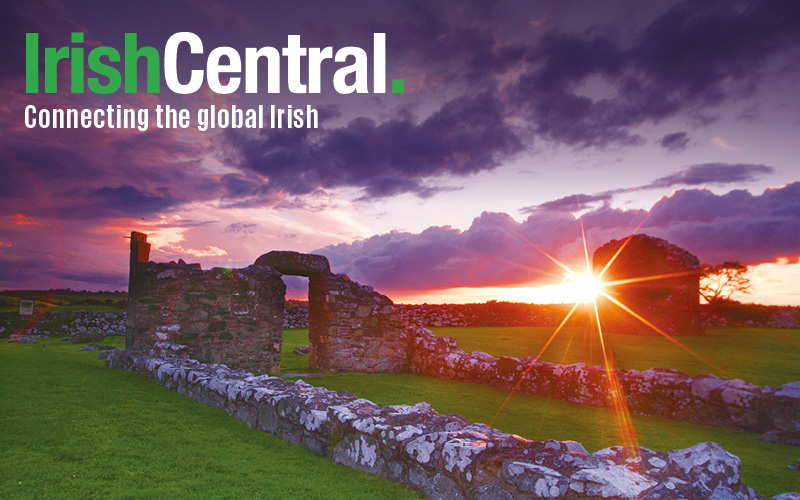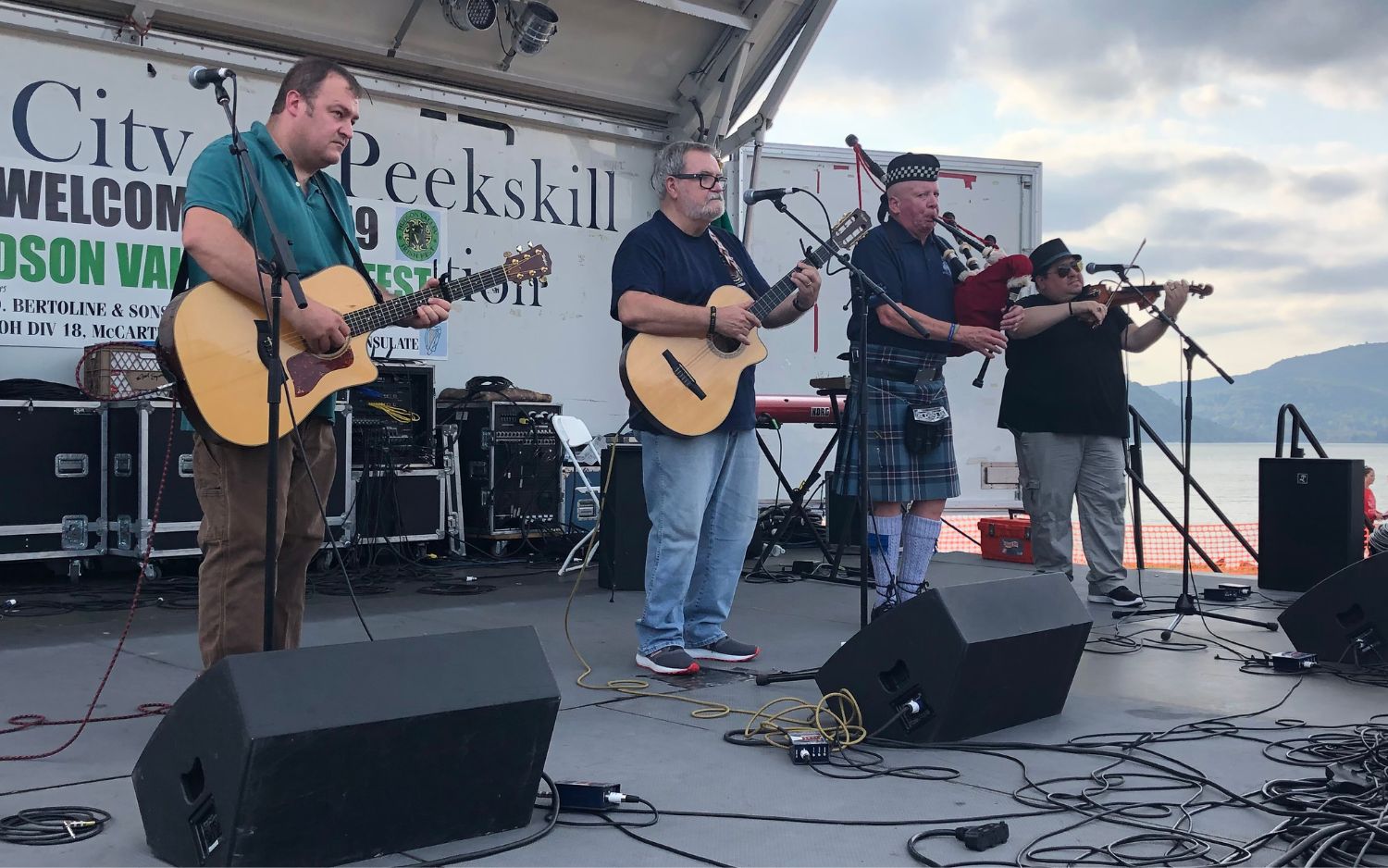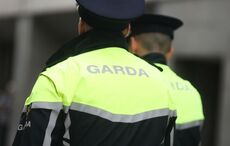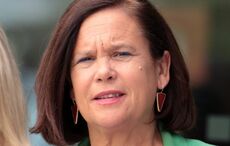A Harvard research team, led by New York Irish American Jim Collins, has developed a prototype Ebola test that costs just $1 and could detect the virus in 30 minutes.
Collins, a professor of biomedical engineering at Harvard’s Wyss Institute for Biologically Inspired Engineering, said the team created the test over 12 hours, at a cost of just $20.
He told the Boston Herald, “We’re keen to see if we can move the technology out into the field to address the (Ebola) crisis.”
The test works along the same idea as litmus paper. It uses molecules inside the cell, taken from saliva or blood, and drops them on to a piece of paper containing freeze-dried biosensors. If the sheet turns from yellow to purple, after 30 minutes, then Ebola is present.
Collins said the team wants to make the test even more sensitive so it will work even with a small amount of a sample before it will be ready to be field tested.
The current “gold standard” for Ebola testing is RT-PCR or reverse transcription polymerase chain reaction. Although it does not produce false positives it also costs between $60 and $200.
Collins told the New Scientist the team’s test could be a great opportunity in diagnostics.
He said, “It's a platform for a new class of diagnostics, and a very clear and important practical extension of synthetic biology, opening up a whole generation of new technologies for diagnosis
Collins added, “We're extending the concept of litmus paper to biochemical reactions, putting the power of molecular biology onto paper.
“It's actually very easy.”
The team has also created other tests that detect genes from antibiotic-resistant bacteria.
Meanwhile the World Health Organization has welcomed the approval of a Swiss regulatory authority for the trial of the experimental Ebola vaccines, "ChAd-Ebola,” developed by Dr. Nancy Sullivan, at the Lausanne University Hospital.
Swissmedic’s approval means the vaccine can be tested on approximately 120 individuals in Lausanne. This is the latest in a series of trials which are currently taking place in Mali, Britain and the United States.




Comments